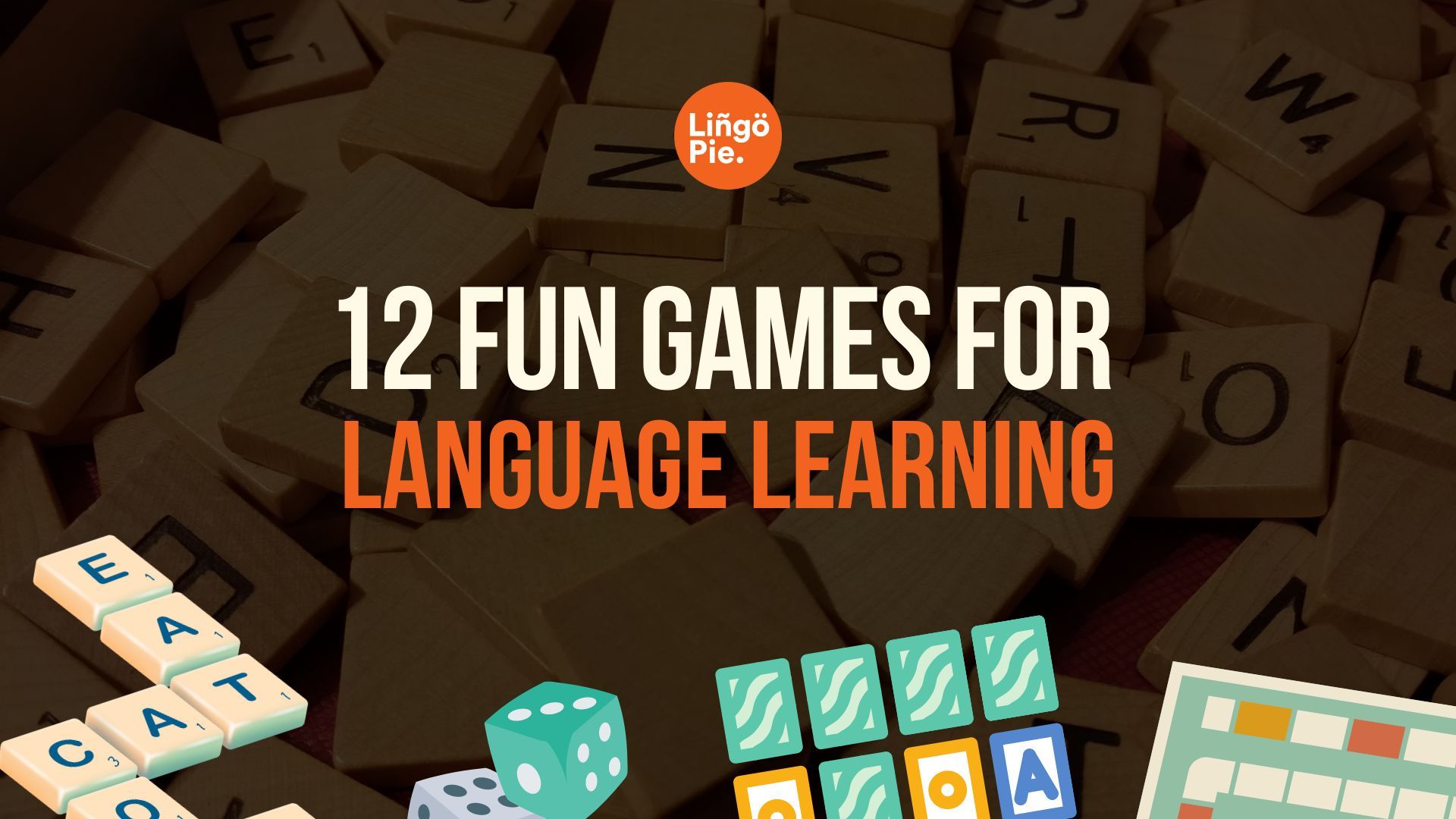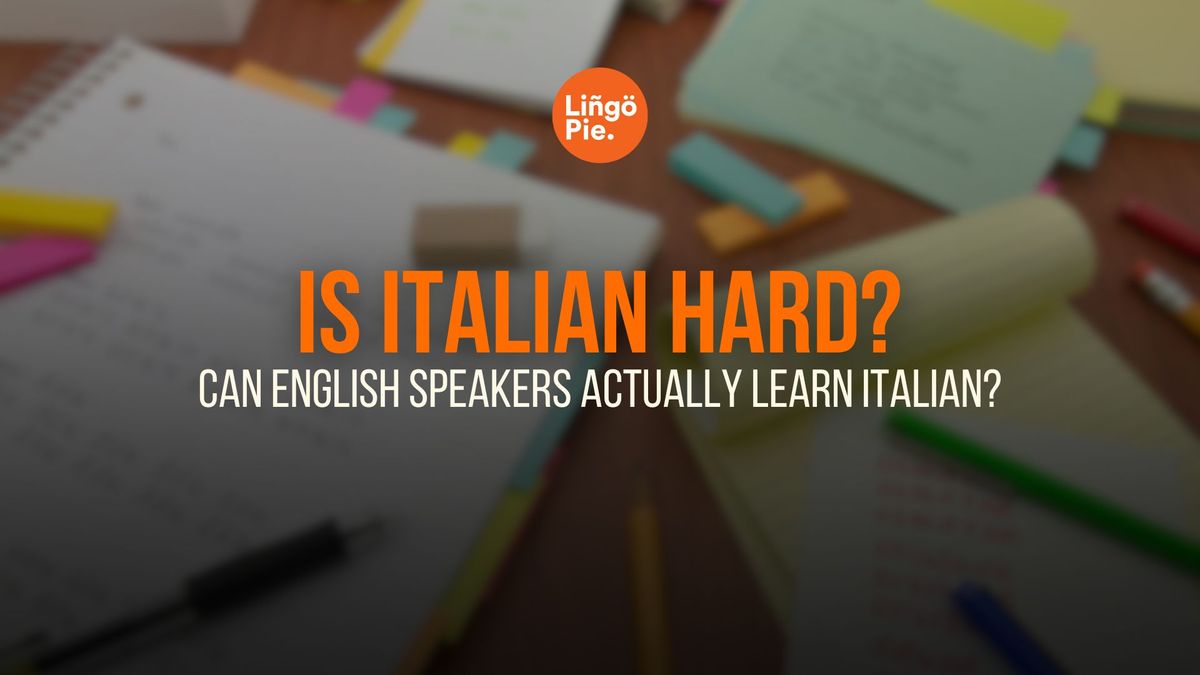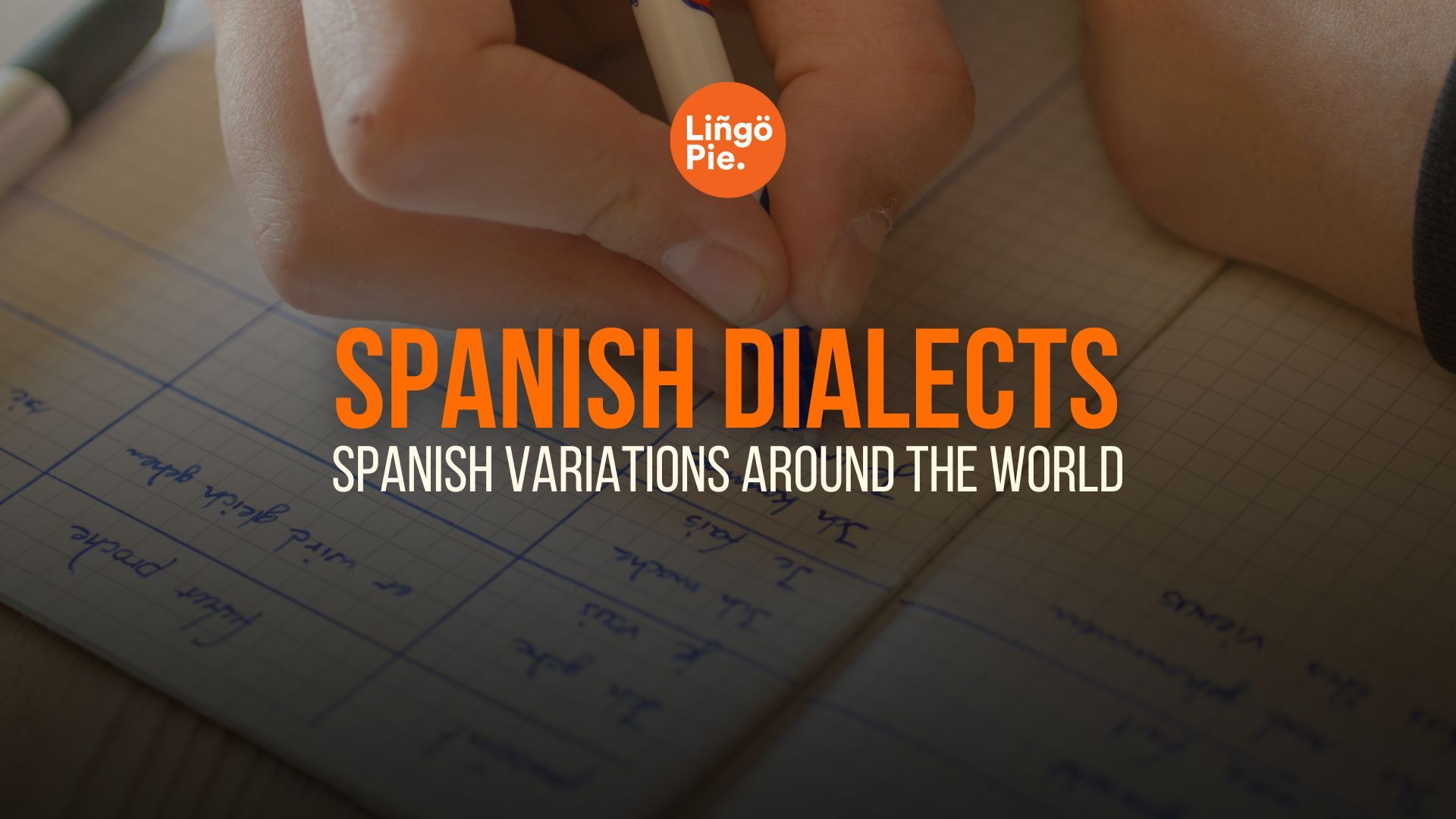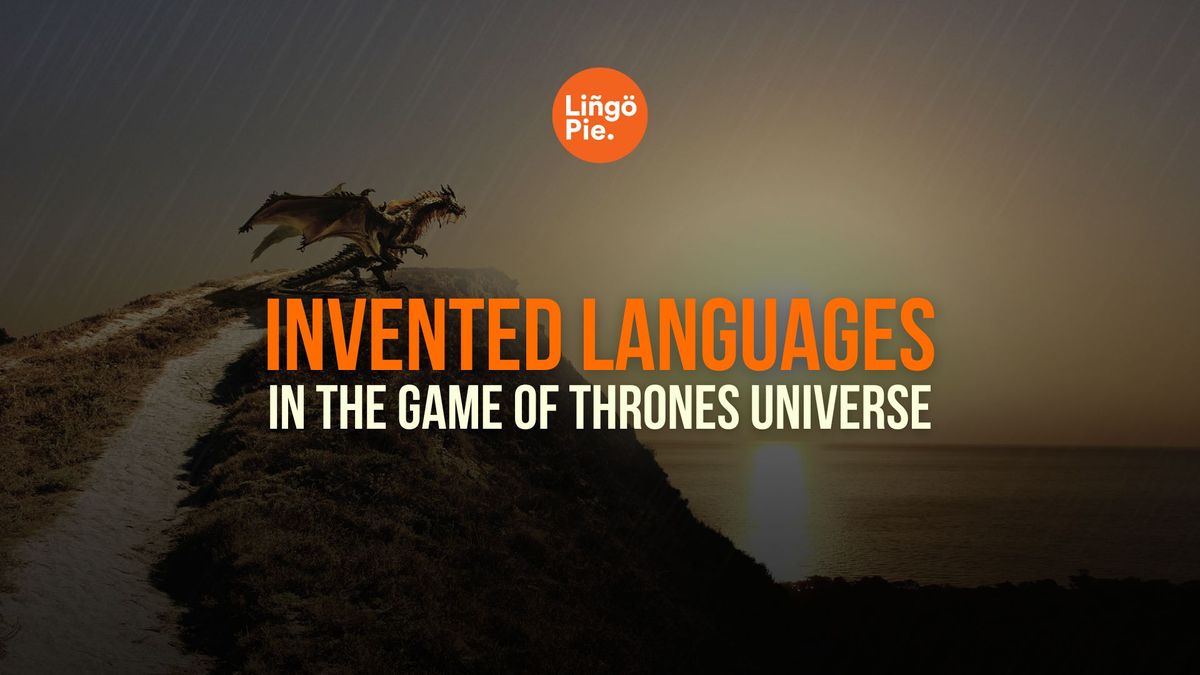So you want to learn Italian, but you don't know where to begin? If you're a native English speaker, the great news is that you've picked the perfect new language, because learning Italian is actually surprisingly straightforward.
We've compiled some of our top tips to get you speaking Italian faster than you can say 'cannoli' – without having to pay for an expensive Italian teacher, old-fashioned audio lessons, or endless guessing-game-style apps.
Instead, we'll be focusing on free and inexpensive resources and sharing some of our tried-and-tested tricks for learning Italian.

How long does it take to learn Italian?
The speed with which you learn Italian will depend on a few factors. These include any previous languages learned, the time you can commit, and whether you have access to native speakers.
If you're already fluent in other Romance languages, for example, and you're able to relocate and totally immerse yourself in the language and Italian culture, you'll pick up functional fluency quickly.
The US Foreign Service Institute considers Italian a 'tier one' language, which means that it's one of the easiest languages for a native English speaker to learn. Their research suggests that it'll take roughly 480 hours of practice to reach fluency. If you put aside an hour a day, five days a week, that's approximately two years.
But picking up enough Italian to perform basic tasks can be much quicker.
And if you're in a hurry and in dire need of a summary, you're in luck — we have a whole shorter article on how to learn Italian.

Learning Italian From Scratch
The Italian language sounds beautiful, and it looks it too – so it's no surprise that it's part of the Romance family of languages.
But Romance languages aren't actually so named because of their appeal. Actually, this term refers to the modern-day languages that developed from Vulgar Latin from the 3rd to 8th centuries, and more literally means 'in Roman.'
Of all the Romance languages, Italian is the nearest to its root Latin, but all Romance languages are reasonably closely related.
Modern Italian is relatively young: it was developed from Tuscan dialects and most frequently used as a literary language, spoken and written by Florence's upper classes until it was popularized in part by the writer Dante Alighieri in the Late Middle Ages.
It wasn't until the 19th century, though, when the unification of Italy brought about the modern Italian language, which had been further developed with some Germanic language influences, but largely remains true to the original Tuscan dialect.
The Italian alphabet is the same as the English alphabet, though you'll see more accents on letters.

Why Romance Languages are Easier to Learn than you Think
There are around 40 Romance languages, though this number is a rough estimate because of lesser-spoken regional languages around the world, which don't always make it into the final tally.
Of those 40 or so, though, just six are widely spoken around the world: Spanish, Portuguese, French, Romanian, Catalan, and, yes – Italian.
Romance languages are among the easiest for native English speakers to learn for a couple of reasons.
Linguistic Similarity to English
Research shows that up to 60% of English words have Latin or French origins. This overlap makes it easier for English speakers to recognize and remember Romance language vocabulary. More importantly, many words in Romance languages are cognates with English, meaning they have similar spellings and meanings. A study by Ringbom (2007) found that cognates significantly reduce the learning burden for language learners.
Phonetic Consistency
A study by Seymour et al. (2003) found that languages with transparent orthographies (like Spanish or Italian) are easier to learn to read than those with opaque orthographies (like English).
Check out our article on Romance languages if interested in learning more about them!
Grammatical Similarities
Romance languages generally follow the same SVO structure as English, which cognitive linguistics research has shown makes sentence construction more intuitive for English speakers. For example, in the English sentence "The cat (S) caught (V) the mouse (O)," we see this structure clearly.
Romance languages, including Spanish, French, Italian, and Portuguese, generally follow this same SVO structure. For instance:
- Spanish: "El gato (S) atrapó (V) al ratón (O)"
- French: "Le chat (S) a attrapé (V) la souris (O)"
- Italian: "Il gatto (S) ha catturato (V) il topo (O)"
This structural similarity doesn't make learning Romance languages effortless, but it does provide English speakers with a familiar foundation. Learners can focus more on vocabulary acquisition and specific grammatical rules, rather than having to completely rewire their understanding of basic sentence construction.
Motivation and Cultural Exposure
Romance languages are deeply embedded in Western culture. This familiarity can increase motivation, which studies have shown is a crucial factor in successful language acquisition.

How to Start Learning Italian at the Beginner Level
Does your knowledge of the Italian language stretch no further than being able to name a couple of pasta varieties?
Don't stress – while the thought of learning a new language when you're working with a blank slate can be intimidating, it's actually no bad thing.
Coming into learning without any prior knowledge means that you can make sure you learn Italian correctly from the get-go, rather than having to stop yourself from using any bad grammatical habits you might have picked up previously.
Here are a few simple steps to kickstart your journey...
Familiarize yourself with the Italian language
Want to learn Italian? First of all, you need to get your ear around how it sounds. We can't all jet off to Rome for the weekend at the drop of a hat, but don't consider that a stumbling block – try these instead:
- Watch Italian movies and TV shows with subtitles
- Listen to Italian podcasts or radio stations
- Follow Italian social media accounts or blogs on topics that interest you
- Attend local Italian cultural events or language meetups
- Label items around your home with their Italian names
- Participate in online Italian cooking classes
Remember, consistent exposure is key. Aim to incorporate Italian into your daily routine, even if it's just for 15-30 minutes. This multi-faceted approach will help train your ear to the rhythm and sounds of Italian, improve your pronunciation, and gradually build your vocabulary and comprehension skills.

Find free Italian language resources online
The Information Age has made it easier and cheaper than ever to learn Italian online.
Long gone are the days of shelling out thousands of dollars on tutoring. Instead, you can find worksheets for learning grammar rules online, videos to help you nail pronunciation on YouTube, and lots of streaming options in Italian on Netflix and Lingopie, which will help you master Italian at your own pace.

Practice Italian with a language partner
Sooner or later, you'll need to put your language skills to the test in real-life conversation – not least simply to build your confidence and get rid of that feeling of panic when you're put on the spot.
Use a language learning forum or a local Facebook group to find yourself a language partner.
This could be another Italian learner or a native Italian speaker who's keen to improve their English and would be happy to 'swap' conversations.
Just chatting online or via Zoom will help you a lot, too.

How Hard Is It to Become Fluent in Italian?
Though it sounds impressive, this charming language isn't actually a particularly difficult one to learn, and with just a few basics learned, you'll be able to find your rhythm quickly.
While advanced fluency might take a couple of years of study, you can pick up enough of the new language that you can have straightforward conversations in a short amount of time. Here are some of the most effective ways to learn Italian...
Learn new Italian words on a regular basis
Many language learners get discouraged by hitting a plateau.
They've picked up the need-to-know basics and they could make it through a day out exploring an Italian city, but when it comes to having an actual conversation? They're lost.
One way to combat the plateau is to continually refresh your core vocabulary by learning a handful of new words every day.
Our favorite way to do that? Binging some great Italian language movies and TV shows!
Stop watching TV in your native language - Switch to Italian!
Is there anything better than wrapping up a busy day with a deep-dive into Netflix? How about if we told you you could subconsciously improve your Italian in the process?
Try adding in Italian language movies or TV shows a couple of times a week. At first, you can use English subtitles to help you out a bit, and later on, you'll 'graduate' to Italian ones.
And before you know it, you'll be able to follow along with La Dolce Vita with no subtitles at all!

Lingopie has an extensive library of movies and shows in Italian, and plenty of subtitle options – including the ability to click on a word for a fast definition.
Sign up for a free trial and see just how easy learning Italian can be!
Perfect your Italian pronunciation
Watching native speakers converse in Italian is also useful because it gives you a chance to develop your pronunciation skills, and to improve your listening comprehension, too.
This is especially important in Italian, which is often pronounced reasonably close to phonetically – but some letter combinations, such as 'sch', sound very different from their English equivalents.
Learn Italian grammar
Grammar might not be the most exciting part of language learning, but it is essential if you want to be able to communicate effectively.
Once you're comfortable with the basic words and sounds of the Italian language, put aside a bit of your studying time each day to work on a new grammar rule.
By learning Italian verbs, prepositions, tenses, and articles, you'll give yourself plenty of language ammunition to put together increasingly complex conversations.
Is Italian Hard to Learn? A Look at Italian Grammar
Let's take a closer look at how basic Italian grammar works, and some of the rules you'll need to learn on your journey towards fluency.

Italian verbs: How do they work and how hard is it to learn Italian verbs?
Though there are thousands of verbs in the Italian language, they all follow some simple rules – and as in other Romance languages, they're grouped by a small number of different endings.
It's easiest to begin by committing the endings, and how they affect the structure of your sentence, to memory – that'll make the 12,000 or so verbs in Italian considerably easier to learn!
When conjugating one of these regular verbs, you simply drop the final three letters and replace them with the correct ending to correspond with the subject of the sentence.
-ARE verbs in Italian
Verbs ending in -are include 'mangiare' (to eat) and 'ascoltare' (to listen). When conjugated, an Italian verb looks something like this:
- I eat - io mangio
- You eat (informal) - tu mangi
- You eat (formal) or he/she eats - lei mangia
- We eat - noi mangiamo
- You eat (plural) - voi mangiate
- They eat - loro mangiano
-ERE verbs in Italian
Verbs ending in -ere include 'prendere' (to take) and 'leggere' (to read). Here's how they're conjugated:
- I read - io leggo
- You read (informal) - tu leggi
- You read (formal) or he/she eats - lei legge
- We read - noi leggiamo
- You read (plural) - voi leggete
- They read - loro leggono
-IRE verbs in Italian
Verbs ending in -ire include 'aprire' (to open) and 'dormire' (to sleep). These can be conjugated in two different ways – the first variety of -ire verbs is conjugated much the same way as -ere verbs:
- I sleep - io dormo
- You sleep (informal) - tu dormi
- You sleep (formal) or he/she eats - lei dorme
- We sleep - noi dormiamo
- You sleep (plural) - voi dormite
- They sleep - loro dormano
The second, larger group conjugates in the same way, but with the addition of 'isc', demonstrated here by 'finite' (to finish):
- I finish - io finisco
- You finish (informal) - tu finisci
- You finish (formal) or he/she eats - lei finisce
- We finish - noi finiamo
- You finish (plural) - voi finite
- They finish - loro finiscono
Of course, there are some irregular Italian verbs that don't follow ordinary conjugation patterns – but you'll pick those up as you gain fluency.
Italian Nouns and Gender
Another common feature of Italian and its Romantic brethren is the use of noun genders.
Even inanimate objects have genders, and they're generally pretty easy to tell apart: if the noun ends with 'a', it's feminine, and if it ends with 'o', it's masculine.
There are no neutral, or genderless, nouns, though there are some that indulge in a bit of grammatical trickery.
An Italian noun ending in 'e' can be masculine or feminine, and you'll need to figure out which it is by using context clues within the sentence, such as the definite article.
Examples of Italian nouns in a sentence
Sto imparando a suonare il piano – I'm learning to play the piano
Ha comprato una sciarpa – He bought a scarf
Hai il giornale di oggi? – Have you got today's newspaper?
Italian Articles: What are they and how hard are they to learn?
'Definite article' is a pretty fancy way of describing one simple word that you use hundreds of times a day: 'the'.
In English, we're pretty lucky – we just have one 'the', and because we don't use gendered words, it's a real all-rounder.
In Italian, though, there are seven different versions of 'the'. These are lo, il, la, l', gli, i, and le.
Once you learn their uses, they become much less confusing and can actually really help you figure out what sentences mean.
First, let's take a look at singular definite articles – these are the articles you'll use when you're describing one thing:
Masculine:
- lo – used for singular masculine nouns that begin with z, gn, or s plus a consonant
- il – used for any singular masculine nouns that begin with consonants not used by 'lo'
- l' – used with any singular masculine noun that begins with a vowel
Feminine:
- la – used with any singular feminine noun that begins with a consonant
- l' – used with any singular feminine noun that begins with a vowel
Now, let's focus on plural articles, which you'll use when you're talking about more than one thing:
Masculine:
- gli – used for plural masculine nouns that start with a vowel, or with z, gn, or s plus a consonant
- i – used for plural masculine nouns that start with any other letter
Feminine:
- le – used for all plural feminine nouns
Italian Prepositions: What is a Preposition and what does this mean in Italian?
Prepositions are so common that you likely use them hundreds of times a day without ever really thinking about what they are and why they're so useful.
They're modifiers that explain where or when something is in relation to something else – so before, after, under, over, behind, and with are all examples of prepositions.
Learning the Italian equivalents of these words is an effective and efficient way to broaden the scope of your conversations.
Even better? Many Italian prepositions have several meanings, minimizing the time you need to spend memorizing.
Here are a few examples of Italian prepositions in action:
- Eorrei una bottiglia di birra – I'd like a bottle of beer. Di can also mean 'from','about', or sometimes 'in'.
- È appena arrivato da Milano – He just arrived from Milan. Da can also mean 'since' or 'by'.
- Più tardi andremo a un concerto – We're going to a concert later. A can also mean 'at'.
- Preferisco le scarpe con i lacci gialli – I prefer the shoes with the yellow laces.
- Sono stati sposati per quindici anni – They were married for fifteen years.
- La pizzeria è tra la cattedrale e il museo – The pizzeria is between the cathedral and the museum. Tra indicates a location between two things, while fra is used to convey two alternatives.
- In primavera, sembra tutto molto diverso – In spring, it all looks very different.
- Ho lasciato il passaporto sul suo letto – I left the passport on her bed. Su can also mean 'about' or 'above'.
Prepositions in Italian are modified by the definite article that they're used with – which you'll see in our example sentence for 'su'.
The best way to memorize these? Just lots and lots of listening to, reading, and speaking Italian!
The Subjunctive Tense in Italian
At some point, as you learn Italian, you'll almost certainly stumble upon the subjunctive tense – a unique and slightly formidable grammar rule that you'll learn to deal with in the advanced stages of your education.
In short, the subjunctive tense is used to talk about intangibles: hopes, wishes, and dreams rather than actionable words. You might use it in sentences like 'I believe that...' or 'I'm not sure that...'.
The good news? You don't need to learn advanced grammar rules like this to speak Italian.
Feeling Lost? Why It’s Easy to Start Learning Italian Straight Away

Learning Italian doesn't have to be intimidating – in fact, you can pick up enough Italian vocabulary in one short session to start piecing together some basic sentences.
You already know some Italian: Italian loan words
One of the most satisfying parts of learning Italian is stumbling upon cognates, or loan words, which have the same meanings as their English equivalent.
This happens more regularly than you might think, because both languages have been heavily influenced by Latin and have Germanic roots, too. Plus, many English words have actually been lifted directly from Italian.
Learning Italian words like this will speed your language learning along and give you a boost if you feel stuck. Here are a few examples of words you already know in Italian...
- radio
- bar
- film
- fantastico - fantastic
- economico – economic
- classico – classic
- volcano
- influenza
- fiasco
- scenario
It's easy to learn Italian Phrases for Beginners
Italian is quite a compact language, which can help make it a lot easier for you to pick up at the very beginning of your studies.
In fact, many basic phrases that you'll need to know are slimmed down to just a word or two. For example...
- grazie – thank you
- prego – you're welcome
- scusi – excuse me
- parla Inglese? – do you speak English?
- non capisco – I don't understand
- ciao – hi/bye
- piacere – nice to meet you
- come sta? – how are you?
- mi chiamo... – my name is...
How Hard is It to Learn Italian? Popular FAQs
Ready to start learning Italian? Let's go over some of the most commonly-asked questions before you dive in...
How can I learn Italian fast?
The speed at which you learn a foreign language depends on how much time and effort you're able to devote to it, and whether you already know another foreign language.
Find ways to immerse yourself in the language, by streaming Italian movies, listening to Italian audiobooks, and browsing for online Italian courses and quizzes.
The biggest hack, though? Find a language partner so you can practice your speaking skills with Italian speakers.
Is it worth it to learn Italian?
Italian is the second most widely-spoken native language in Europe, with approximately 85 million total speakers across the continent – and that means it's absolutely worth learning, particularly as it'll make learning other Romance languages easier, too.
Is Italian easier than Spanish?
Generally, Spanish is considered a slightly easier language for English speakers to learn, because it's largely a phonetic language – words are pronounced as they're spelled in most cases.
Italian also has some more complexities to its grammar. But the learning process will realistically be similar, as Italian isn't a hard language to pick up.
Is Italian Hard to Learn?
Italian is not hard to learn for English speakers. It's considered one of the easiest languages for native English speakers to pick up, thanks to its Latin roots shared with many English words, straightforward pronunciation rules, and similar sentence structure.
To get started with learning Italian, consider using Lingopie, an innovative language learning platform. Lingopie offers a unique approach by allowing you to watch authentic Italian TV shows and movies with interactive subtitles. This method immerses you in the language as it's actually spoken, helping you pick up natural expressions, pronunciation, and cultural nuances.
So what are you waiting for? Give Lingopie a try now!







![How Many Italian-Speaking Countries Are Out There? [2025 Data]](/blog/content/images/size/w300/2025/06/Italian-speaking-countries.jpg)


